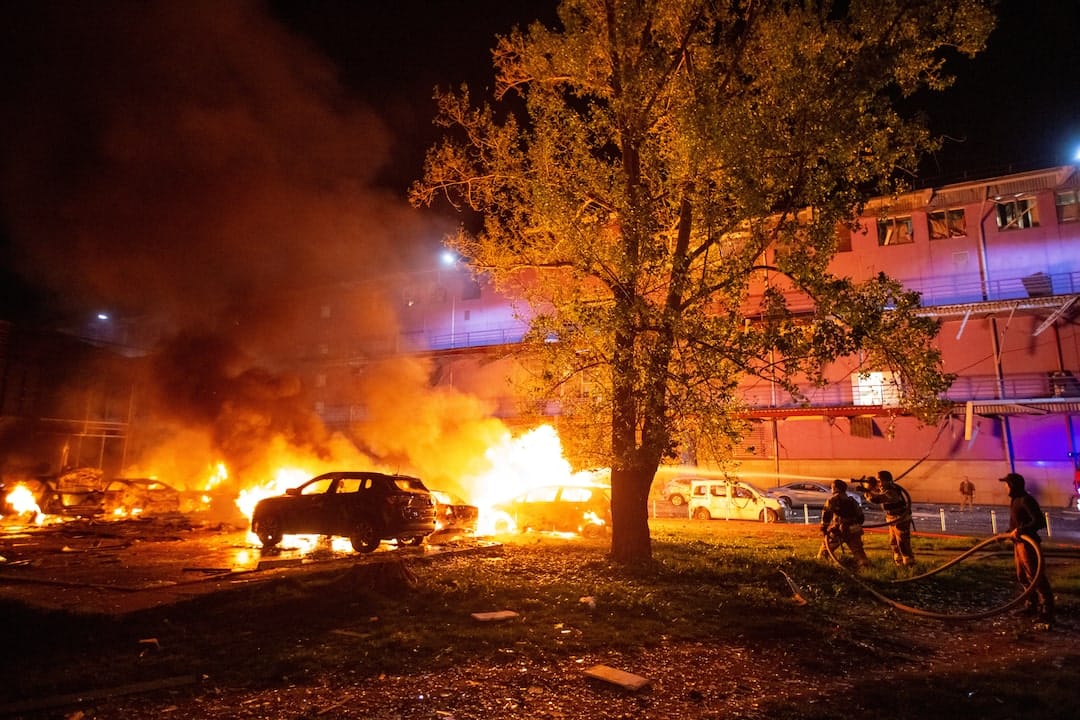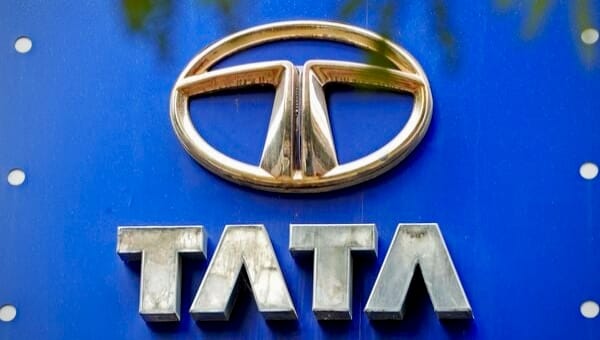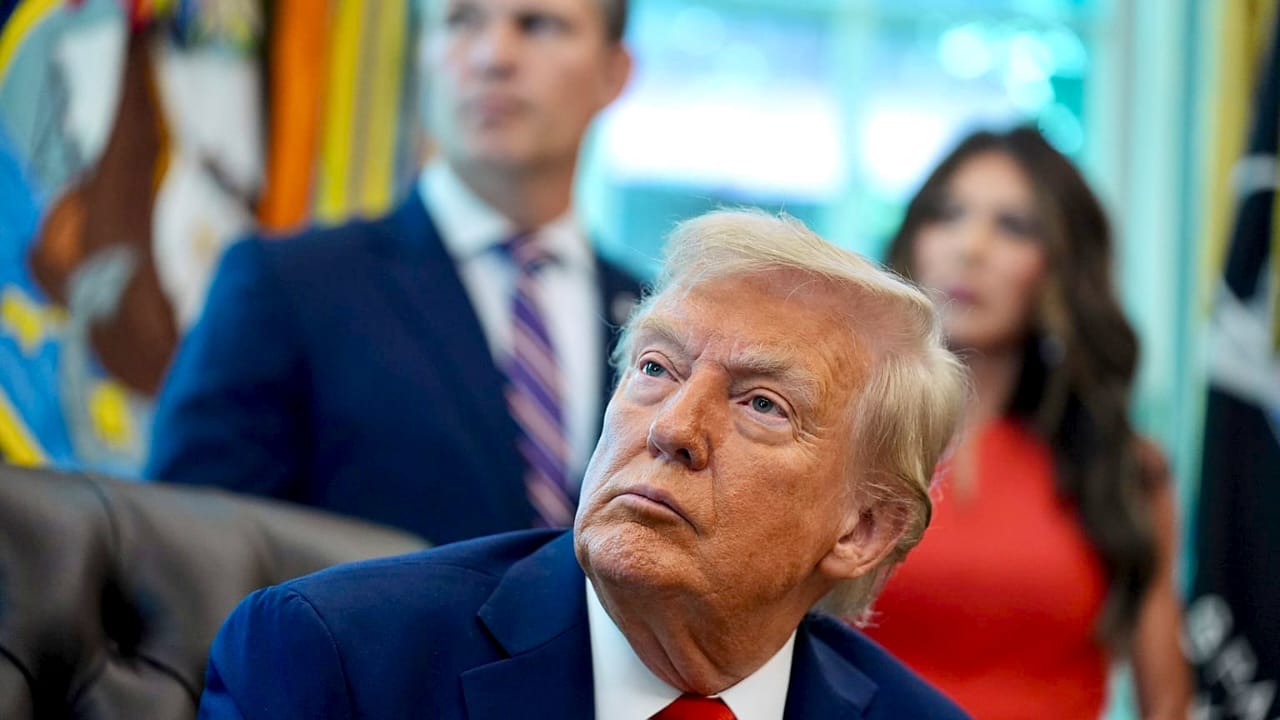
In an extraordinary and unprecedented move, Moscow has reportedly delivered a cache of previously unreleased secret files pertaining to the 1963 assassination of U.S. President John F. Kennedy to Washington. This diplomatic overture, described by Russian state media as a bid to mend fractured bilateral relations, was accompanied by an equally audacious proposal: the construction of a monumental “Trump-Putin Tunnel” to connect Siberia with Alaska. The twin announcements, emerging from the Kremlin on Tuesday, have sent ripples of speculation and cautious optimism across international capitals, raising questions about Russia’s geopolitical intentions and the future trajectory of U.S.-Russia engagement.
Kremlin’s Unexpected Disclosure and Diplomatic Gambit
The handover of the long-sought JFK assassination documents marks a significant development in a historical mystery that has captivated Americans for decades. For years, various U.S. administrations have grappled with the ongoing declassification of records related to President Kennedy’s death, often facing resistance or encountering redactions due to national security concerns. Russia’s unexpected release of its own archives on the subject introduces a new dimension to the historical inquiry. While the specific contents of the newly delivered files remain undisclosed, sources close to the Kremlin suggest they contain intelligence assessments, communications intercepts, and internal Soviet analyses from the Cold War era that could potentially shed new light on the events surrounding Dallas in November 1963.
This gesture is being widely interpreted as a strategic play by Moscow to recalibrate its relationship with Washington amidst ongoing global tensions. The timing is particularly notable, following years of strained diplomatic ties over issues ranging from electoral interference allegations to conflicts in Ukraine and Syria. Analysts are dissecting Russia’s motives, with some suggesting it is an attempt to demonstrate goodwill and open new avenues for dialogue, while others view it as a calculated maneuver to test U.S. resolve and potentially sow further domestic division by reigniting controversies surrounding the assassination. The historical weight of the JFK case in American public consciousness makes any new information, especially from a former geopolitical rival, a potent instrument in international diplomacy.
The immediate reaction from Washington has been one of careful assessment. While acknowledging receipt of the materials, U.S. officials have yet to confirm the authenticity or significance of the documents. Experts from various intelligence agencies and historical departments are reportedly scrutinizing the files, a process expected to take considerable time. This cautious approach underscores the delicate nature of intelligence sharing between rival powers and the potential for disinformation. The implications for historical understanding, however, could be profound, potentially challenging long-held theories or confirming existing suspicions about the assassination.
The Ambitious “Trump-Putin Tunnel” Proposal and Geopolitical Implications
Adding another layer of intrigue to Moscow’s diplomatic offensive is the ambitious proposal for a “Trump-Putin Tunnel.” Envisioned as a monumental infrastructure project connecting the Siberian far east to Alaska, the tunnel would span the Bering Strait, creating a direct rail and road link between Eurasia and North America. Russian state media outlets have championed the idea as a “bridge of friendship and cooperation,” highlighting its potential to unlock vast economic opportunities through trade, transport, and resource development. The name itself, explicitly linking the former U.S. President and Russia’s current leader, is laden with political symbolism, harking back to a period when bilateral relations were perceived by some as having greater potential for rapprochement.
The concept of a Bering Strait tunnel is not new; engineers and strategists have contemplated such a link for over a century. However, the immense logistical, financial, and environmental challenges have always rendered it a distant dream. Moscow’s re-activation of the proposal, alongside the JFK files, positions it as a grand gesture of long-term vision and potential partnership. From an economic perspective, proponents argue it could revolutionize global logistics, offering an alternative to sea routes and significantly cutting transit times for goods between continents. It could also spur development in remote regions of both Russia and the U.S., creating jobs and fostering cross-cultural exchange. However, critics point to the astronomical costs, estimated to be in the hundreds of billions of dollars, and the complex geopolitical hurdles that would need to be overcome.
Geopolitically, the “Trump-Putin Tunnel” proposal carries significant weight. It suggests a vision of a future where U.S.-Russia relations are not merely stable but actively collaborative on projects of global scale. For Russia, it could reinforce its role as a Eurasian power, a vital transit hub, and a key player in global infrastructure. For the U.S., engaging with such a project would necessitate a profound rethinking of its strategic relationship with Moscow. Security implications, environmental concerns, and the practicalities of international governance for such a massive undertaking would dominate any discussions. Experts note that while the proposal is likely symbolic in the immediate term, it serves to open a conversation about a future beyond current adversarial dynamics.
The dual announcements from Moscow—the JFK files and the tunnel proposal—represent a carefully orchestrated, if unconventional, attempt to reshape the narrative of U.S.-Russia relations. By addressing a sensitive historical wound and simultaneously offering a futuristic vision of cooperation, Russia aims to project an image of constructive engagement. Whether this gambit will succeed in thawing diplomatic ice or merely add layers of complexity to an already intricate relationship remains to be seen. The coming weeks will likely see intense diplomatic activity, expert analysis, and public debate as Washington carefully weighs its response to these unprecedented overtures from the Kremlin.
Ultimately, these developments underscore the enduring volatility and potential for dramatic shifts in international diplomacy. The global significance of Russia’s actions lies in its potential to either foster a new era of dialogue and cooperation or to further complicate an already strained geopolitical landscape, with implications stretching far beyond the immediate headlines. The world watches keenly to see how Washington navigates this complex and historically charged diplomatic challenge, and what it might mean for the future of U.S.-Russia engagement.







